Cybersecurity refers to the practice of protecting systems, networks, and data from digital attacks, unauthorized access, damage, or theft. As the digital world continues to grow, so does the need to protect the data and systems we rely on for communication, business operations, and personal use. Cybersecurity is not just limited to protecting computers but extends to mobile devices, networks, and other forms of communication technology. With the rise in cybercrime, hacking, and data breaches, there is an increasing demand for skilled professionals who can safeguard sensitive information. Cybersecurity has become a critical element for organizations of all sizes to ensure the confidentiality, integrity, and availability of their data and systems. As cyber threats become more sophisticated, so must the expertise and skills needed to defend against them. Organizations and individuals alike must be aware of the risks and implement robust security measures to mitigate potential vulnerabilities.
 Top Ranked Cyber Secuirty Course By HACKING TEACHER
Top Ranked Cyber Secuirty Course By HACKING TEACHER
































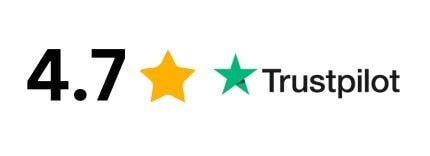

AI Powered Full Stack Web Development Course
Learn AI powered web development and futureproof your career to lead in an AI dominated tech industry.
A cybersecurity course is an educational program designed to teach individuals the fundamental and advanced concepts of securing systems, networks, and data from cyber threats.
The course typically covers topics such as network security, cryptography, ethical hacking, malware analysis, security operations, and threat management. Cybersecurity courses range from beginner to advanced levels, offering practical skills and knowledge that can be applied directly to real-world situations.
These courses can be taken in various formats, including in-person workshops, online training programs, or self-paced learning modules. The goal of a cybersecurity course is to equip students with the technical skills needed to defend systems and networks from attacks, identify vulnerabilities, and respond to security incidents effectively.
In conclusion, online cybersecurity courses can help you enter the field, but combining them with hands-on experience, networking, and certifications will enhance your chances of landing a cybersecurity job.
Online cybersecurity training is also generally more cost-effective than traditional classroom-based education, offering affordable pricing options that make learning accessible to a wider audience. Finally, online courses often allow learners to interact with a global community of students, offering networking opportunities and access to diverse perspectives on cybersecurity issues. By the end of the course, students should be able to understand the importance of cybersecurity, apply security measures, and pursue certifications in the field to further enhance their career prospects.
































Highest Salary
Average Salary
Hiring Partners


+ Unlimited Pwnbox usage
+ CPE credits submission
+ Unlimited Pwnbox usage
+ CPE credits submission
+ Unlimited Pwnbox usage
+ CPE credits submission
+ Unlimited Pwnbox usage
+ CPE credits submission
The Hacking Teacher Certification teaches educators about teaching ethical hacking and cybersecurity with the proper skills. This program offers extensive training on some of the most technology pressing issues facing the cyber security world today including penetration testing, threat analysis and secure coding. It is ideal for IT professionals and trainers to ensure that all knowledge is transferred for audiences to inspire the next generation of cybersecurity experts.

We focus on essential exploiting topics such as SQL Injection, Wireless Networks, IoT Hacking, Cloud Computing, social engineering, sniffing, and session hi jacking.










Enterprise Attack Simulation Training is an opportunity to practice simulating cyberattacks against corporate networks on a hands-on basis. Participants learn how to find vulnerabilities, to exploit weaknesses and to evaluate system defenses using advanced tools and methodologies.
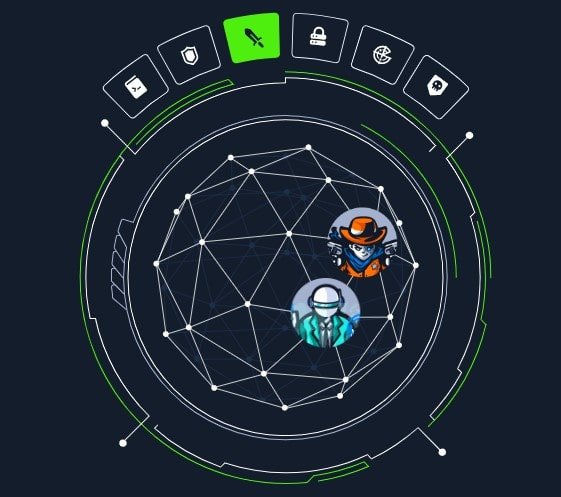
1.Beginners: Individuals with little to no experience in IT or cybersecurity can start with online courses designed for newcomers. These courses provide foundational knowledge, covering topics like networking, operating systems, security basics, and threat detection. Beginners looking to make a career shift into the growing cybersecurity field will find these courses an accessible entry point.
2.IT Professionals: Professionals already working in IT, such as network administrators, system administrators, or technical support specialists, will benefit from a cybersecurity course to enhance their skill set. As cybersecurity threats become more sophisticated, IT professionals must be equipped to manage and secure networks, data, and devices effectively.
1. Basic IT Knowledge: A fundamental understanding of computer systems, operating systems, and networking is essential. Familiarity with concepts like IP addresses, DNS, TCP/IP protocols, and firewalls can significantly ease the learning process. Most cybersecurity courses assume that learners have some background in basic IT operations and network infrastructure.
2. Networking Basics: Since much of cybersecurity involves protecting and securing networks, a basic understanding of networking concepts is crucial. Knowing how data is transferred over networks, how routers and switches work, and what common network topologies are will provide a solid foundation for learning more advanced cybersecurity concepts.
The practice is in live, not simulated virtual IT labs built according to the leading vendors certifications, including: Apart from these CompTIA, Microsoft, Cisco, VMware etc." Our labs were designed to be interactive, and targeted towards a lot of real world experience so learners can hone their practical skills. We work with subject matter experts on networking, security, cloud computing and more, and we create and deliver labs based on these core IT competencies.

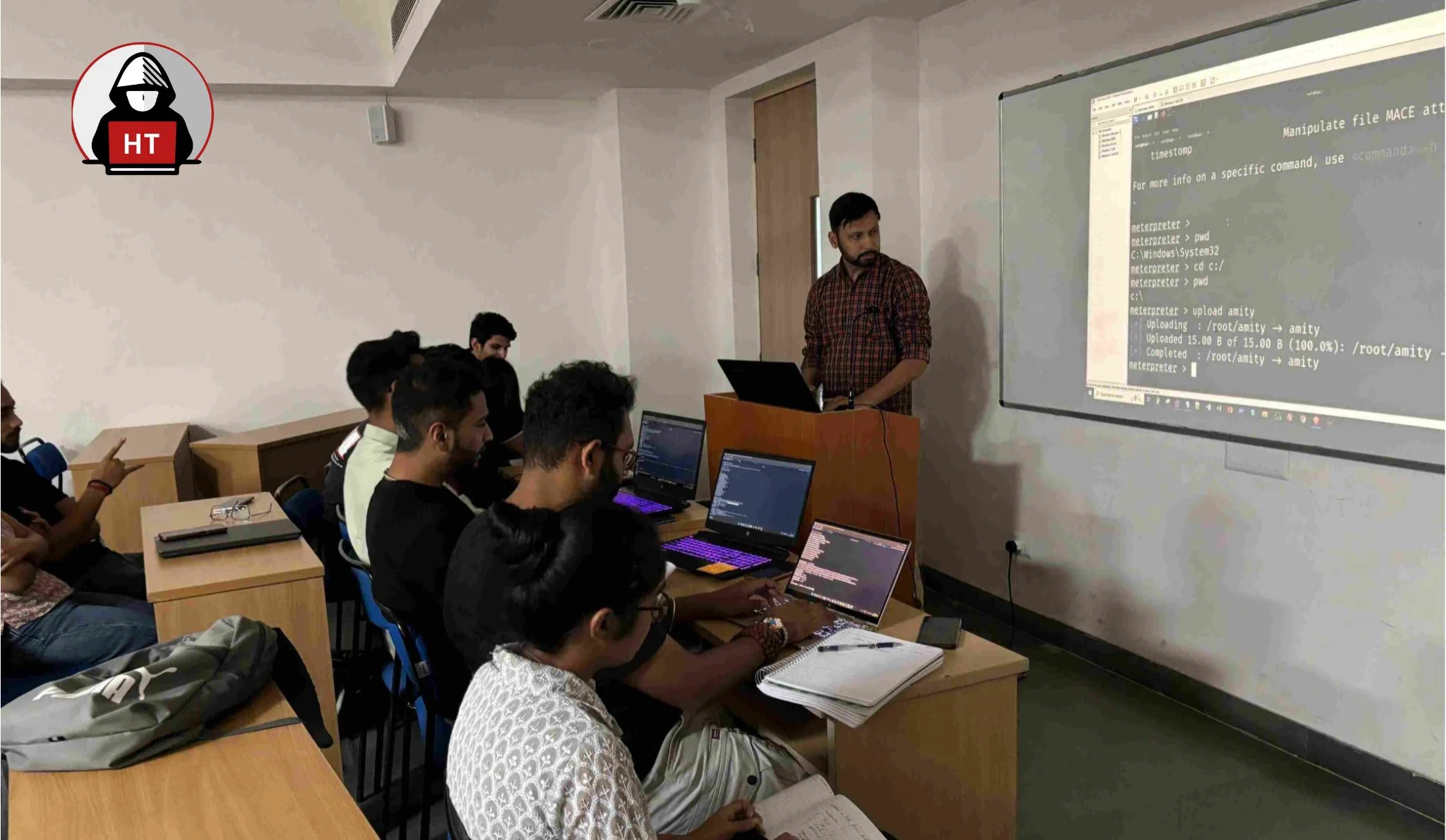
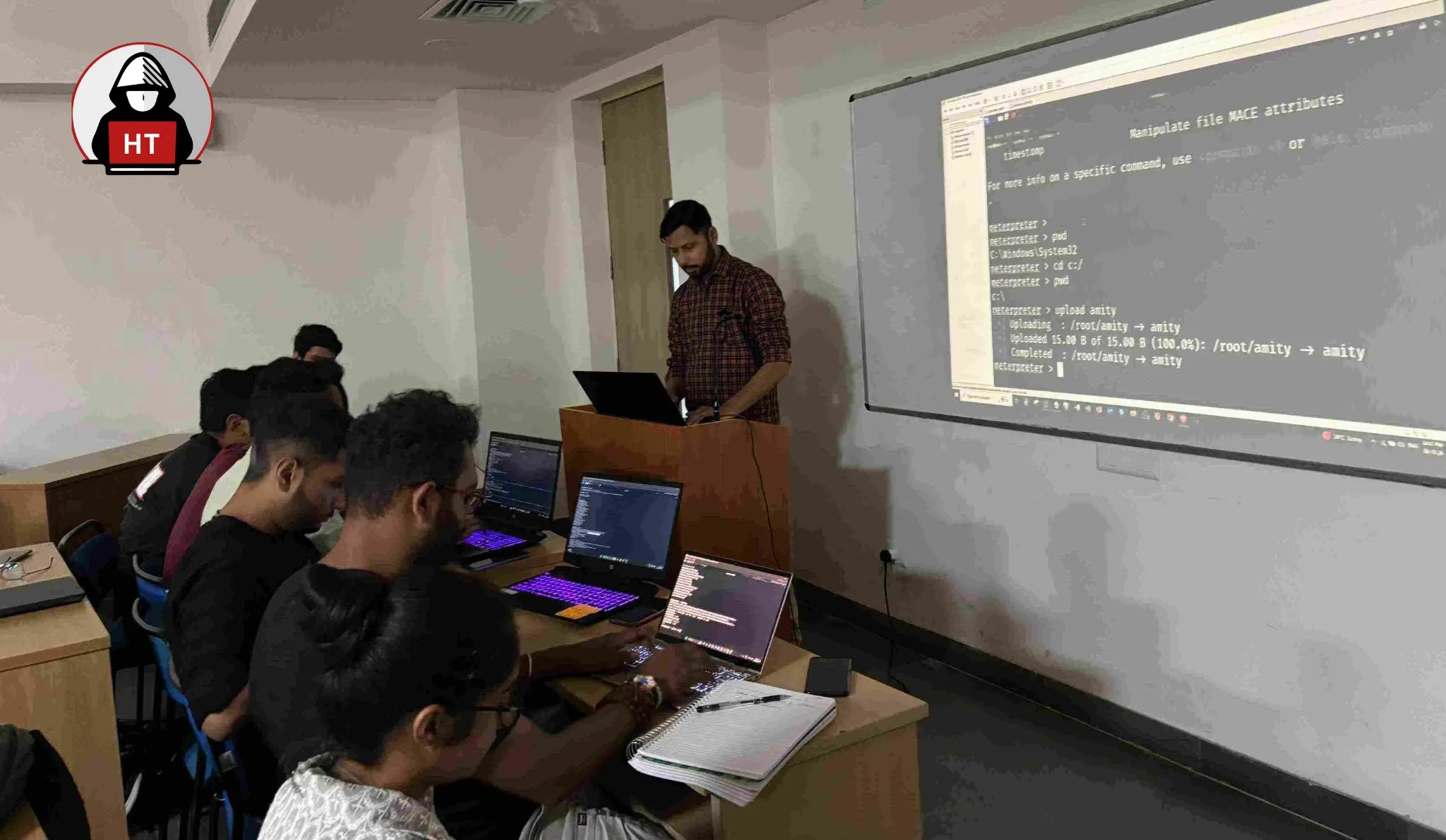
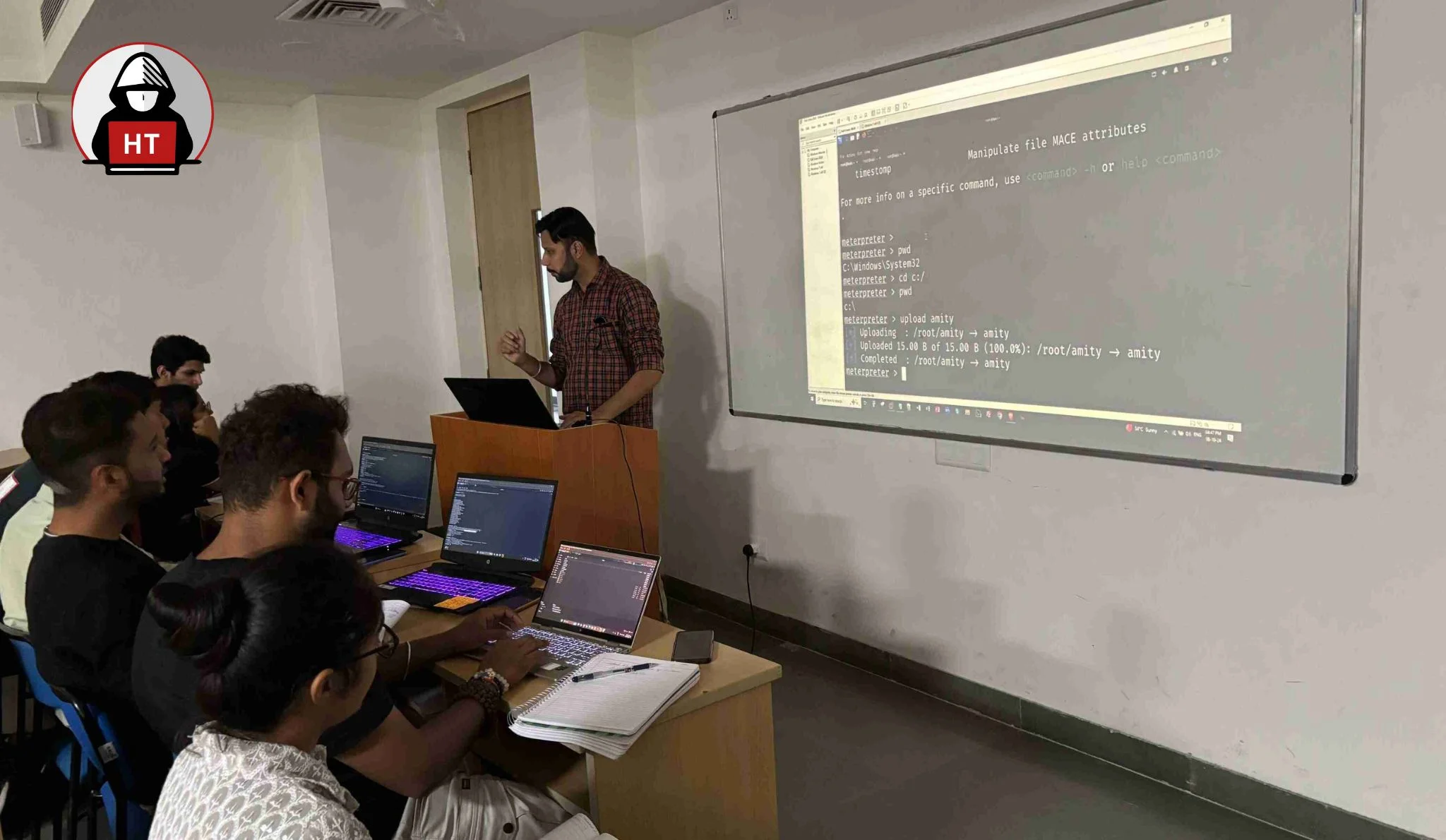
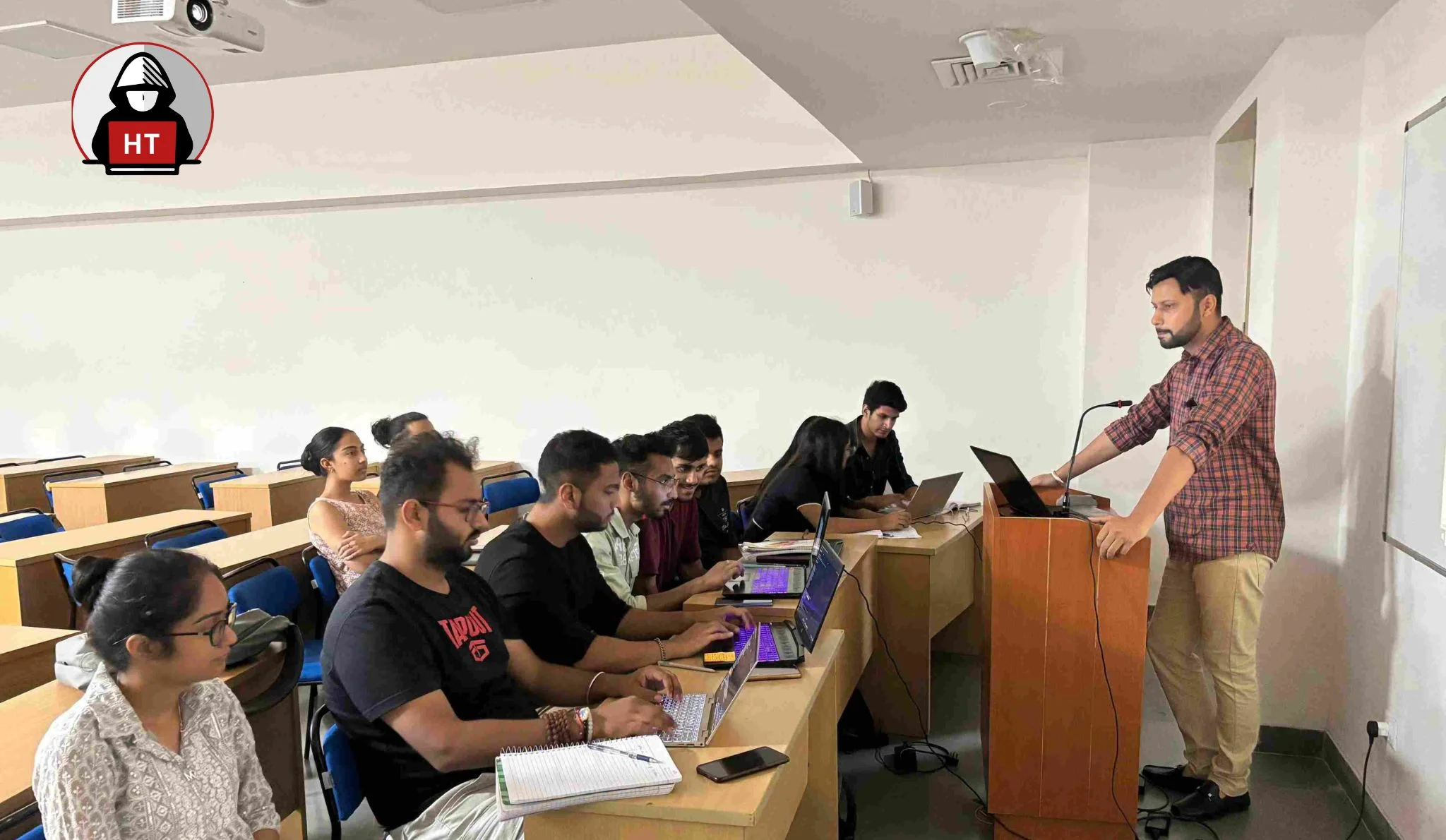
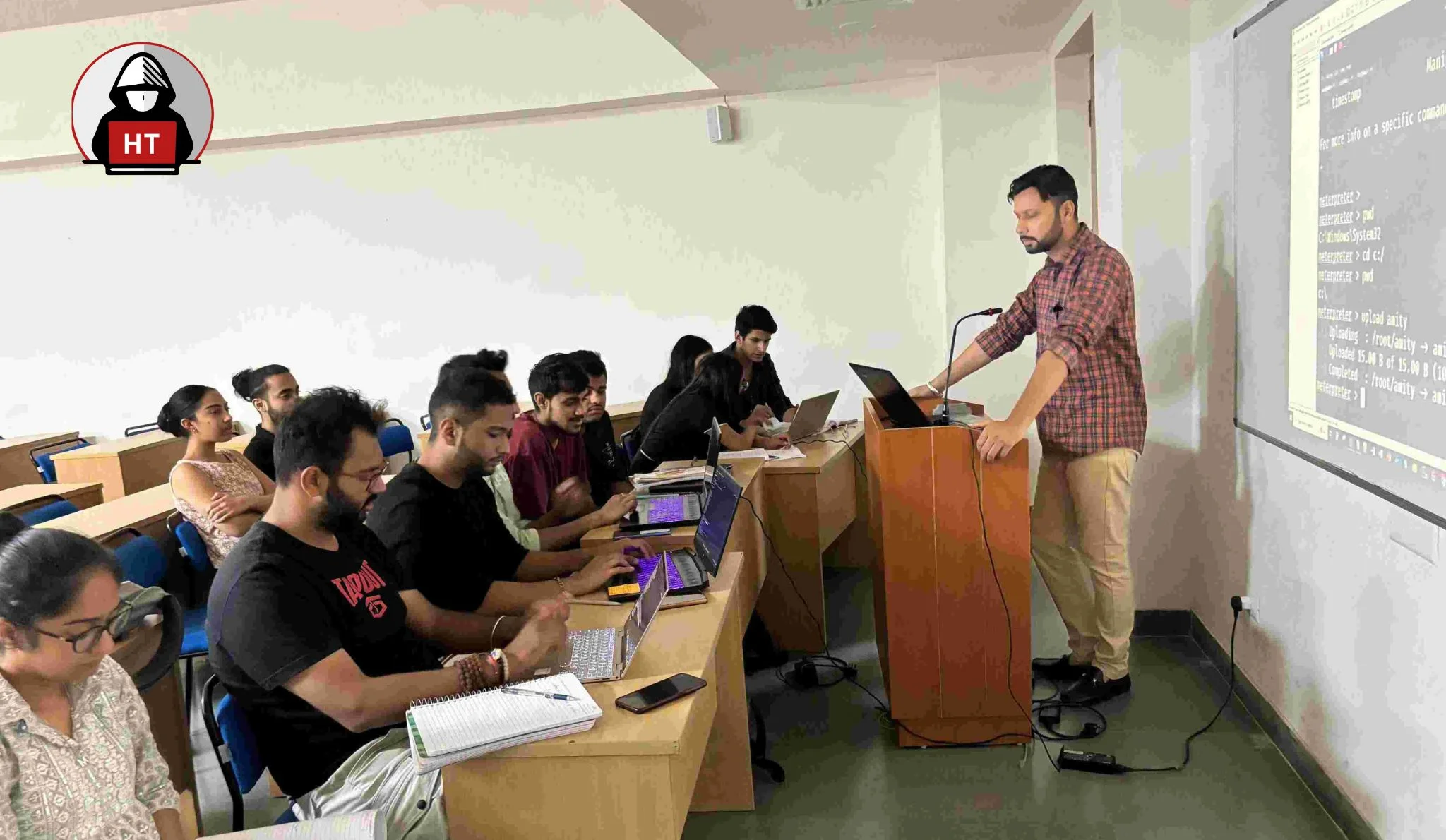
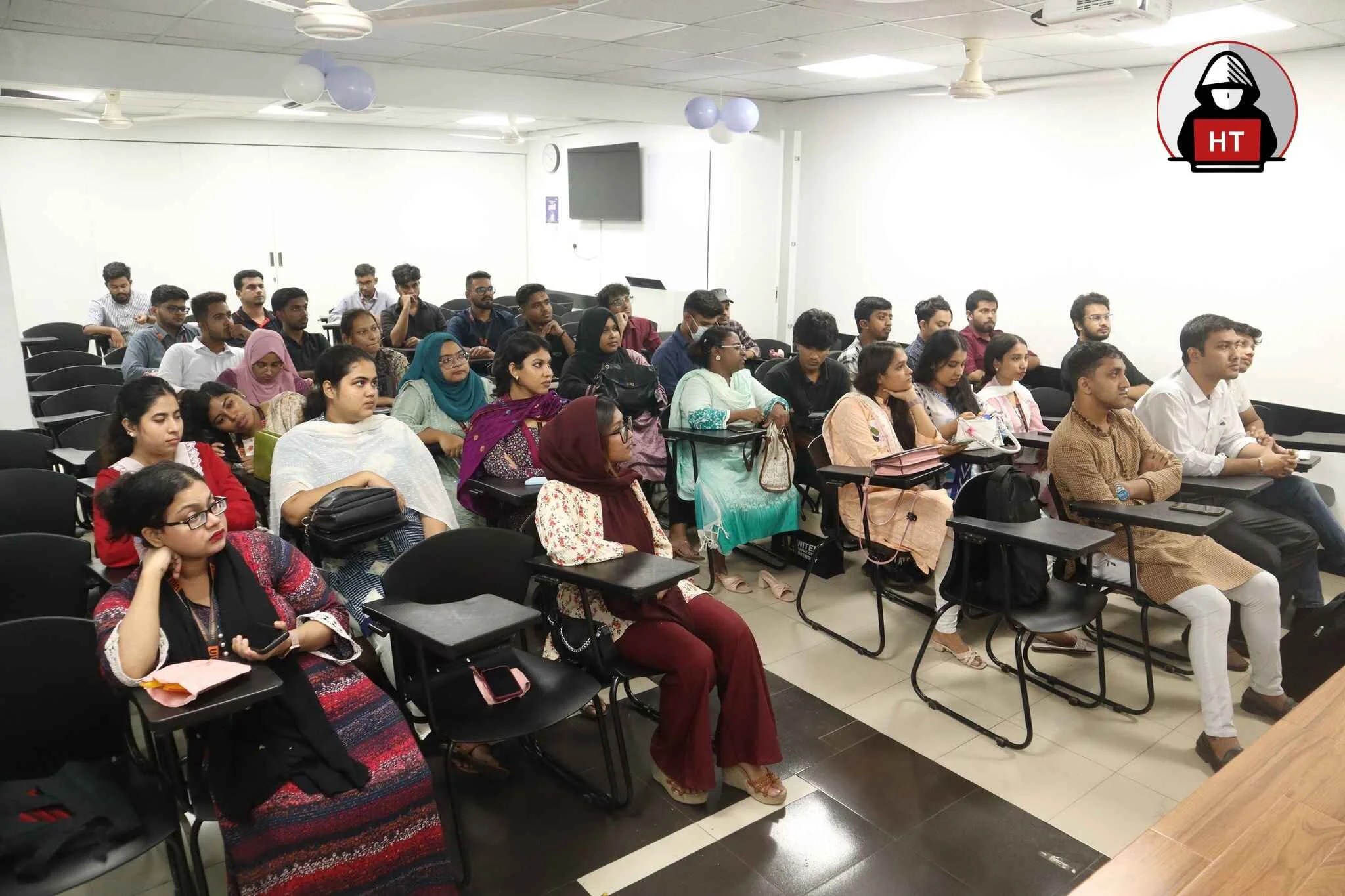
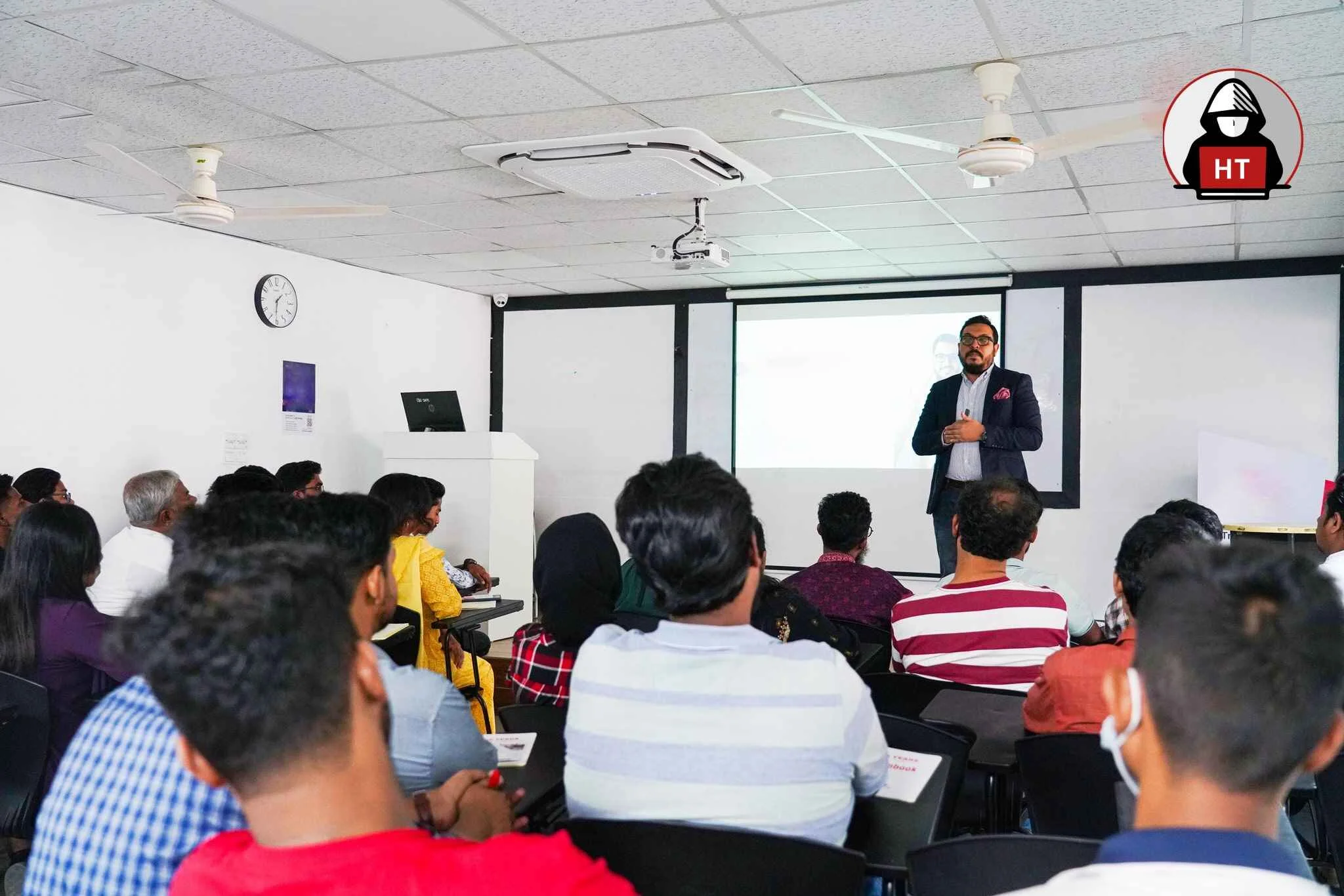


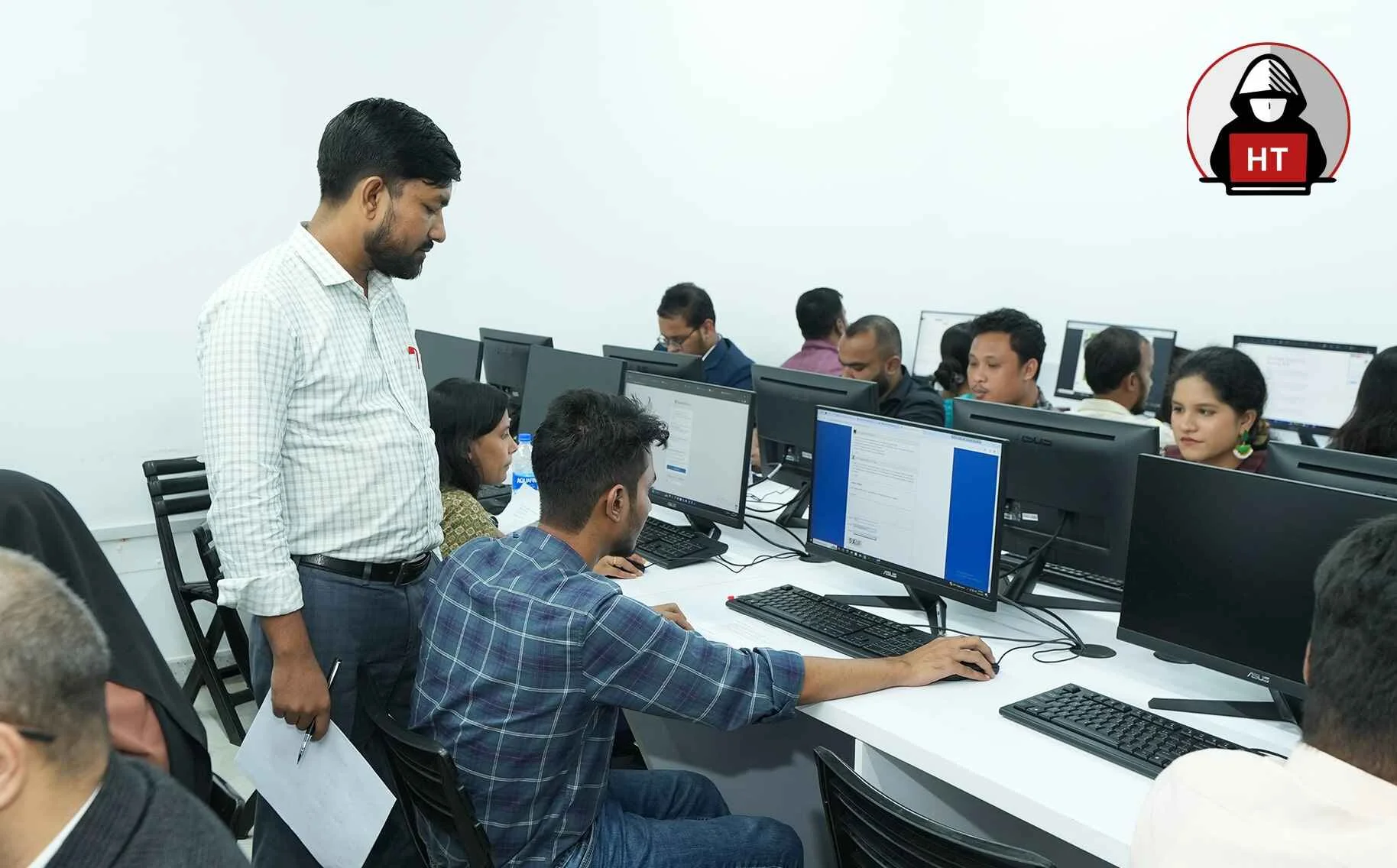
Hacking teacher Learning is here to ensure that you don’t get left behind in a world of technology that is too quickly changing. On a day to day basis, we’re recording and sharing content that can impact your bottom line.

Cybersecurity courses come in many forms, catering to various experience levels and career paths. Some courses are designed for beginners, covering foundational concepts such as basic networking, internet safety, and the principles of encryption. These courses provide a general overview of cybersecurity and are a great starting point for those who are new to the field. Intermediate courses delve deeper into specific areas of cybersecurity, such as ethical hacking, malware analysis, and digital forensics.
These courses typically require some prior knowledge of computer systems and networks. Advanced courses focus on specialized topics such as advanced penetration testing, threat hunting, incident response, and security architecture. For those with prior experience, these courses offer an opportunity to deepen their expertise and pursue more niche areas of cybersecurity. Additionally, some cybersecurity courses are designed to prepare individuals for certification exams, such as Certified Ethical Hacker (CEH), CompTIA Security+, and Certified Information Systems Security Professional (CISSP).
These certification-oriented courses provide structured learning paths that help students pass exams and achieve recognized credentials in the cybersecurity field. Online cybersecurity courses are widely available and offer the flexibility to learn at your own pace. There are also in-person courses and boot camps, which are often more intensive and provide hands-on experience with real-world scenarios.
Cybersecurity courses cover a wide range of core concepts and skills that are essential for anyone pursuing a career in the field. Key areas of study typically include network security, where students learn how to protect the integrity of computer networks from unauthorized access and attacks.
This involves understanding firewalls, intrusion detection systems, and virtual private networks (VPNs). Another core concept is cryptography, the practice of securing communications and data through encryption methods. Students learn how to encrypt data and ensure that sensitive information is transmitted securely over networks. Ethical hacking is another key topic, where students are taught how to think like cyber attackers and identify vulnerabilities in systems and applications.
This includes performing penetration tests, exploiting weaknesses, and learning how to prevent attacks. Malware analysis is another important area, where students learn how to identify, analyze, and mitigate malicious software, such as viruses, ransomware, and spyware. Cybersecurity courses also focus on security operations and incident response, teaching students how to respond to and manage security breaches effectively. Finally, courses may cover security compliance, teaching students about industry regulations and legal requirements, such as GDPR and HIPAA, and how to ensure that systems and processes are compliant with these standards.
In cybersecurity courses, students are introduced to a variety of tools and technologies used by professionals in the field to safeguard systems and detect vulnerabilities. These tools play a crucial role in identifying and mitigating security risks.
Some of the key tools taught include Nmap, a network scanning tool used to discover hosts and services on a computer network. Metasploit is another essential tool, which is used for penetration testing and exploit development. Wireshark, a network protocol analyzer, is taught to help students monitor and capture network traffic to detect suspicious activity. Burp Suite is a popular tool for web application security testing, and it is covered in courses that focus on ethical hacking and web security.
Other tools taught include Kali Linux, a Linux distribution specifically designed for penetration testing and security research, and various vulnerability scanners, such as OpenVAS. Students also learn about firewalls, intrusion detection/prevention systems, and endpoint protection solutions. Mastery of these tools is critical for anyone pursuing a career in cybersecurity, as they allow professionals to assess security risks, perform security audits, and implement protective measures.
Choosing the right cybersecurity course depends on your goals, experience level, and areas of interest. If you are just starting out, look for courses that offer a solid foundation in cybersecurity concepts, including networking, security protocols, and ethical hacking. For individuals with some prior knowledge, intermediate courses focused on specific areas like penetration testing or malware analysis may be more suitable.
It is important to consider the course curriculum to ensure it covers the topics that interest you and align with your career aspirations. Additionally, reviews and ratings of the course can provide valuable insights into the course’s quality and the effectiveness of its teaching methods. Some courses offer interactive labs and hands-on experiences, which are highly beneficial for applying the knowledge gained in real-world scenarios.
Make sure to choose a course that offers practical labs where you can test your skills in a safe environment. If you are looking to gain industry-recognized certifications, choose courses that prepare you for certification exams like CEH, CompTIA Security+, or CISSP. The format of the course is also an important consideration—online courses offer flexibility, while in-person boot camps can provide immersive, intensive learning experiences. Consider factors such as time commitment, course duration, and budget when choosing the right course for you.
Cybersecurity certifications are highly regarded in the industry, and they serve as proof of your expertise and commitment to the field. Many cybersecurity courses prepare students for certifications that validate their skills and knowledge. Some of the most popular certifications include Certified Ethical Hacker (CEH), which focuses on ethical hacking techniques and penetration testing.
CompTIA Security+ is another entry-level certification that covers basic cybersecurity concepts and is ideal for beginners. For those with more experience, Certified Information Systems Security Professional (CISSP) is a globally recognized certification that demonstrates advanced knowledge in security management. Other certifications include Certified Information Security Manager (CISM), Certified Cloud Security Professional (CCSP), and Offensive Security Certified Professional (OSCP), which is known for its focus on hands-on penetration testing. Many employers require or prefer candidates with certifications, as they provide reassurance that the candidate has the necessary knowledge and skills to protect an organization’s data and systems.
During a cybersecurity course, students can expect a combination of lectures, practical labs, assignments, and assessments. The lectures cover theoretical concepts and provide foundational knowledge of cybersecurity. Hands-on labs allow students to apply what they have learned in real-world. During an online cybersecurity course, you can expect a structured learning experience designed to equip you with the knowledge and skills necessary to protect networks, systems, and data from cyber threats.
The course typically starts with foundational topics, such as understanding networking basics, operating systems, and common cybersecurity threats like malware, ransomware, and phishing attacks. As the course progresses, you will dive into more specialized areas like penetration testing, cryptography, vulnerability assessments, and incident response. The curriculum is usually divided into modules or lessons, each focusing on a specific aspect of cybersecurity, which may include theoretical lectures, video tutorials, and reading materials. Hands-on labs and virtual environments are key components of the course, allowing you to practice what you've learned in real-world scenarios. These exercises often simulate tasks like scanning networks for vulnerabilities, performing penetration tests, or setting up security measures on servers. As you advance, you may engage with tools like Nmap, Wireshark, Metasploit, and Burp Suite, which are commonly used by cybersecurity professionals. Some courses may also offer assignments or projects that require you to apply your skills to solve security-related problems. Depending on the course, there may be quizzes or exams to assess your understanding, and you may receive feedback on your progress.
Discussion forums or community platforms allow you to interact with fellow learners, ask questions, and share insights. Many courses also provide mentorship or support from instructors, helping guide you through complex topics. Finally, at the end of the course, you may be awarded a certificate of completion or a certification exam to validate your skills, which is valuable for pursuing jobs in the cybersecurity field.

Interview wifi Hacking

Life of Hacking Teacher
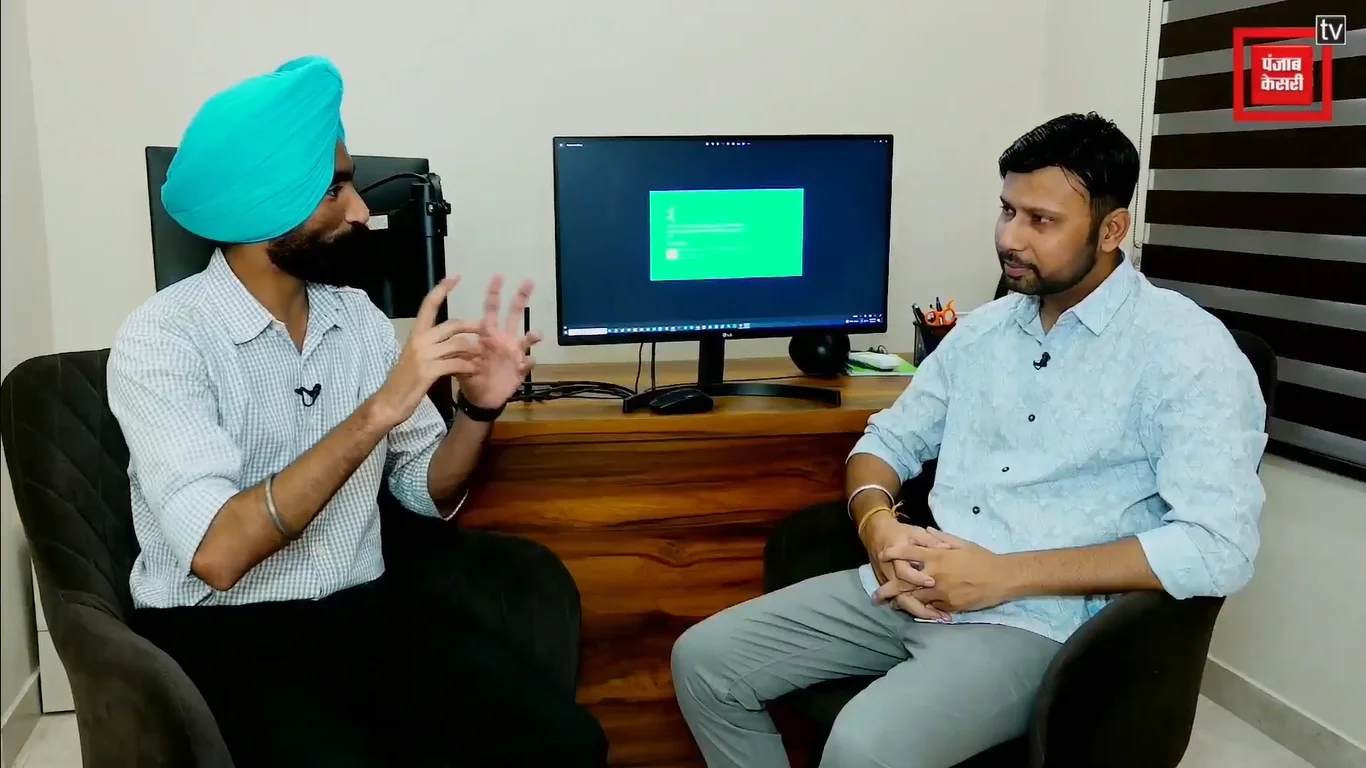
Microsoft on Vishal Sharma

Software Engineer at CNode
“Hacking Teacher’s Network Essentials Course simplifies complex networking concepts, making them accessible to beginners and professionals alike. With clear explanations and practical examples, this course lays a solid foundation for understanding network essentials.”

Software Engineer at Bint
“Dive into the fundamentals of networking with Hacking Teacher’s Network Essentials Course. Whether you’re new to the field or seeking to refresh your knowledge, this course equips you with essential skills to navigate modern networks confidently.”

Data Analysis at Novs
“Embark on your networking journey with Hacking Teacher’s Network Essentials Course. From basics to advanced topics, this course provides comprehensive coverage, empowering you to succeed in today’s interconnected world.”
FAQ
Our online courses are tailored to your specific needs, whether you are an experienced senior executive or a rookie leader.
Lorem ipsum, dolor sit amet consectetur adipisicing elit. Eum laborum qui tempora numquam!
Cyber Security (CS) Course teaches individuals on how to guard computer systems, networks and data against cyber attacks, hacking and other security dangers. From encryption to threat management, firewalls and penetration testing, it’s got it covered.
Cyber Security course duration may be a few weeks to a few months depending upon the level of the course from beginner to advanced level and mode of the course online or physical classroom. You can finish intensive boot camps in 4–6 weeks, and comprehensive courses can take 6 months or more.
To attend Cyber Security training, you would normally require a basic notion of networking, operating systems (Linux and Windows and so), and programming. Certain courses may expect you to be familiar with IT or technology, but I’ve also included ones that are beginner friendly.
It all depends on what you wish to obtain from the cyber security course you enroll in is what will make the course the best Cybersecurity course. Also find CompTIA Security+ or Certified Ethical Hacker (CEH) a good starting point for beginners. For those that are more advance learners, courses like CISSP (Certified Information Systems Security Professional) or OSCP (Offensive Security Certified Professional) are highly rated.
Boy I wouldn’t say you can expect to complete an Introductory or intensive Cyber Security course in 1 month since it’s a bootcamp, cert short term and all that. But, advanced Cyber Security skills and proficiency can be longer.
A Diploma in Cyber Security or a Diploma in Information Security is generally the best diploma for a Cyber Security course. These programs give a solid thought on risk the executives, moral hacking, and system insurance.
Cyber Security can lead you to jobs like Security Analyst, Penetration Tester, Network Security Engineer, Cybersecurity Consultant and Information Security Manager. They are these professionals who are responsible to protect systems, networks, and data form cyber threats, as well as guarantee the safety of digital assets.
Yes, of course you can learn Cyber Security entirely by yourself without guidance through taking numerous self paced courses online, by reading books, blogs and using forums. Hands-on experience is important, for example, working in a virtual lab or setting up your own security systems would train up those practical skills. More structured is formal certification programs.
So for a beginner the best Cyber Security certification should be CompTIA Security+. It offers an introduction to network security, threats and risk management. Certified Ethical Hacker (CEH) is another good option, in that it features an ethical hacking techniques and tools focus.
The basic requirement of the computer remains the same while you train a Cyber Security course: you should at least have a computer with internet access. Virtual labs which you can use for virtual practical exercises are not only important but necessary as well. It’s often recommended that you first get a strong foundation in IT fundamentals before starting with advanced security training.
A good cybersecurity course fulfills the following criteria: a well thought out curriculum covering foundational and advanced topics, hands-on practical training on new as well as old technologies, industry related certifications, expert instructors and fresh content as much as cleared with latest threats in the tech world.
For people interested in protecting their digital assets, stopping cyberattacks, and even building a career in a high demand field, a cybersecurity course can be one of the best training options.Is cyber security course training tough?ning? A cybersecurity course can be one of the best training options for individuals interested in protecting digital assets, preventing cyberattacks, and building a career in a high-demand field.
For people with basic IT knowledge it is not hard at all but it has some 'technical' content what makes it harder to follow if you do not know where to start.
Universities, online platforms such as Coursera, Udemy and Cybrary and training providers dedicated to cybersecurity such as EC-Council, SANS Institute and Fortinet are all offering cybersecurity courses.
Your best cybersecurity course depends on your goals, but top options include CompTIA Security+, Certified Ethical Hacker (CEH), Certified Information Systems Security Professional (CISSP), and Fortinet’s NSE certifications.